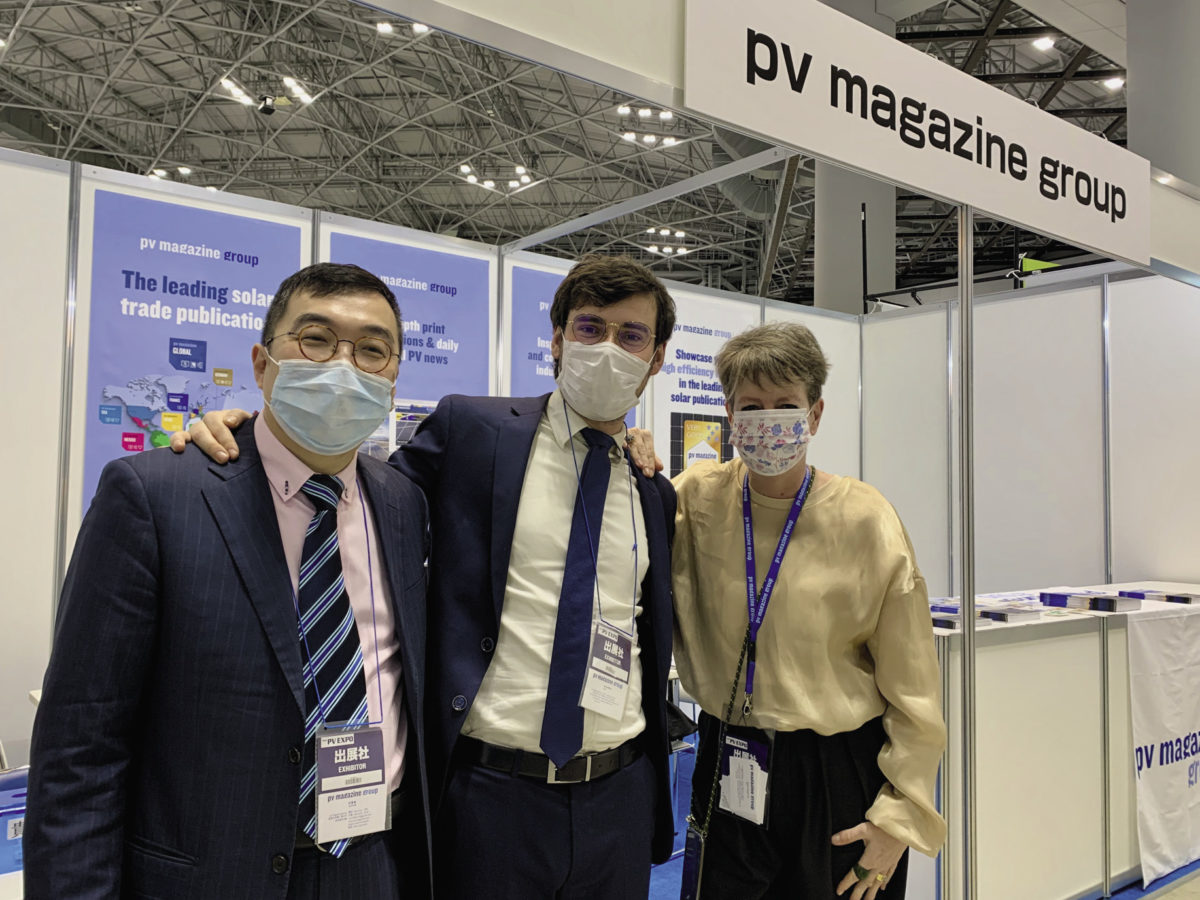Heavily indebted Chinese solar project developer GCL New Energy has offered a glimpse of how the Covid-19 pandemic will affect shareholder votes with the publication of the measures it will take to minimize the risk of infection at a special general meeting scheduled this month.
The project business of polysilicon manufacturer GCL-Poly was expected to vote on Thursday on the proposed RMB851 million (US$120 million) sale of seven Chinese solar projects with a total generation capacity of 294 MW but the shareholder meeting was pushed back to May 21 by a stock exchange announcement on Wednesday.
That Hong Kong market update specified the measures that will apply to people intent on attending in person at the Strategy II-III venue in Kowloon. The wearing of surgical masks is obligatory, with visitors asked to bring their own to the vote, and attendees will have their temperatures taken with anyone registering higher than 37 degrees Celsius liable to be turned away. Seating arrangements will observe social distancing requirements and GCL New Energy announced no refreshments or corporate gifts will be handed out at the meeting.
Subsidy bill
Other revelations in the stock market circular included the claim the solar project business was owed RMB8.24 billion in government solar subsidies by the end of the year, some RMB445 million of which relates to the projects GCL New Energy hopes to sell to two funds controlled by state-owned electric utility China Huaneng.
Popular content
GCL also revealed severe air pollution was reducing output from its projects in Ningxia which, together with curtailment issues in Xinjiang province had ensured the projects being sold under-performed by 3.7-15.3% from 2018 to 2019.
That and the seller’s huge debt pile help explain why GCL New Energy is preparing to take an estimated RMB76.5 million loss on the sale, based on the projected value of the facilities being transferred. The seller claims the sale price plus payments and dividends the solar projects owe to GCL New Energy will generate a cash windfall of RMB1.08 billion, even if RMB474 million of it will be dependent on the Chinese authorities disbursing overdue subsidy payments.
GCL New Energy says the RMB1.08 billion will be used to pay down debt, effectively leading to the removal of RMB2.66 billion of liabilities from its balance sheet. A put option which will also be voted on by GCL New Energy shareholders, stipulates the seller will have to buy back the assets if Beijing does not cough up the subsidies it owes within four years, however.
Covid-19
Read pv magazine’s coverage of Covid-19; and tell us how it is affecting your solar and energy storage operations. Email editors@pv-magazine.com to share your experiences.
This content is protected by copyright and may not be reused. If you want to cooperate with us and would like to reuse some of our content, please contact: editors@pv-magazine.com.



3 comments
By submitting this form you agree to pv magazine using your data for the purposes of publishing your comment.
Your personal data will only be disclosed or otherwise transmitted to third parties for the purposes of spam filtering or if this is necessary for technical maintenance of the website. Any other transfer to third parties will not take place unless this is justified on the basis of applicable data protection regulations or if pv magazine is legally obliged to do so.
You may revoke this consent at any time with effect for the future, in which case your personal data will be deleted immediately. Otherwise, your data will be deleted if pv magazine has processed your request or the purpose of data storage is fulfilled.
Further information on data privacy can be found in our Data Protection Policy.